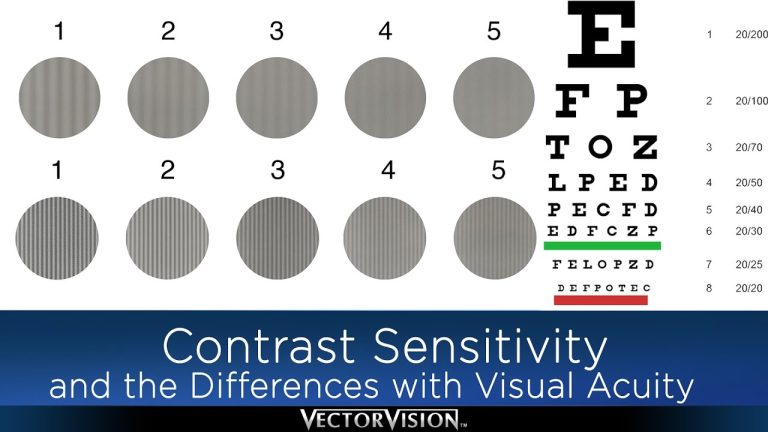Understanding the Importance of Vision Insurance Coverage for Intraocular Pressure (IOP) Testing in Optical and Vision Care
Vision insurance is an essential tool for people who want to maintain their overall eye health. Regular eye exams can help detect early signs of eye diseases, including glaucoma. One of the most important tests in detecting glaucoma is measuring intraocular pressure (IOP) with a tonometer.
Many vision insurance plans cover IOP testing as part of their preventive care benefits. These benefits can help you detect glaucoma early, before it causes permanent vision loss. If you already have glaucoma, your vision insurance can help cover the cost of ongoing eye care and medications to manage the disease.
What is Intraocular Pressure?
Intraocular pressure is the pressure inside the eye. Normally, the eye maintains a steady pressure that helps it maintain its shape and function. But when the pressure inside the eye becomes too high, it can cause damage to the optic nerve, which can lead to vision loss. This condition is called glaucoma.
There are two types of glaucoma: open-angle glaucoma and angle-closure glaucoma. Open-angle glaucoma is the most common type, and it develops slowly over time. Angle-closure glaucoma is less common but can develop quickly and be more severe.
How is IOP Testing Done?
IOP testing is a simple and painless test that measures the pressure inside your eye. During the test, your eye doctor will use a tonometer to gently press against your eye to measure the pressure inside it. The test is quick, taking only a few minutes.
If you have a high IOP reading, your doctor may perform additional tests to determine if you have glaucoma. Early detection is key to treating and managing the condition, so it’s important to have regular eye exams.
Does Vision Insurance Cover IOP Testing?
Many vision insurance plans cover IOP testing as part of their preventive care benefits. Preventive care benefits may also include routine eye exams, which can help detect other eye diseases and conditions.
If you have glaucoma, your vision insurance can help cover the cost of ongoing eye care and medications to manage the disease. In some cases, vision insurance may also cover the cost of surgical procedures to treat glaucoma.
Conclusion
Regular eye exams and IOP testing are essential for maintaining your overall eye health. With vision insurance, you can help ensure that you receive the care you need to detect and manage conditions like glaucoma. Talk to your eye doctor to learn more about the preventive care benefits available through your vision insurance plan.
Contents
Most wanted in Hoya Vision:
What brand lenses does Costco use?
Hoya Lens Engravings
Why do my glasses lenses scratch so easily?
Which lens is better Alcon or Johnson and Johnson?
What’s the rarest eye color?
Visionworks Digital Progressive Lenses
Should eyeglasses cover eyebrows?
How to Choose the Right Temple Type for Your Glasses
Workspace Lenses
Hoya Sensity Vs Transitions Xtractive
















